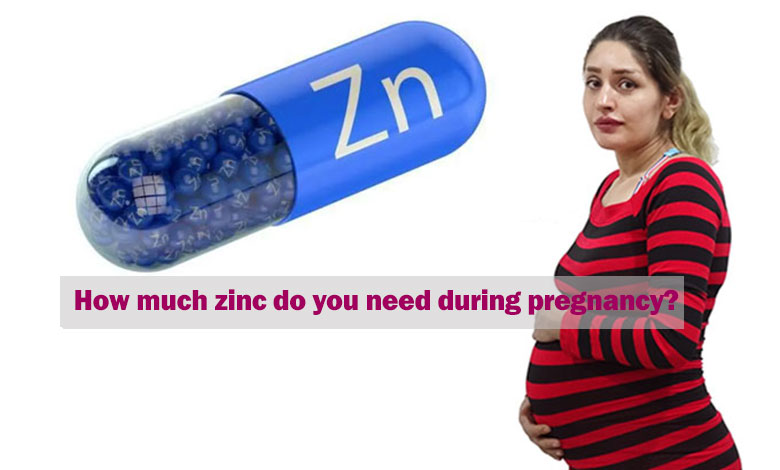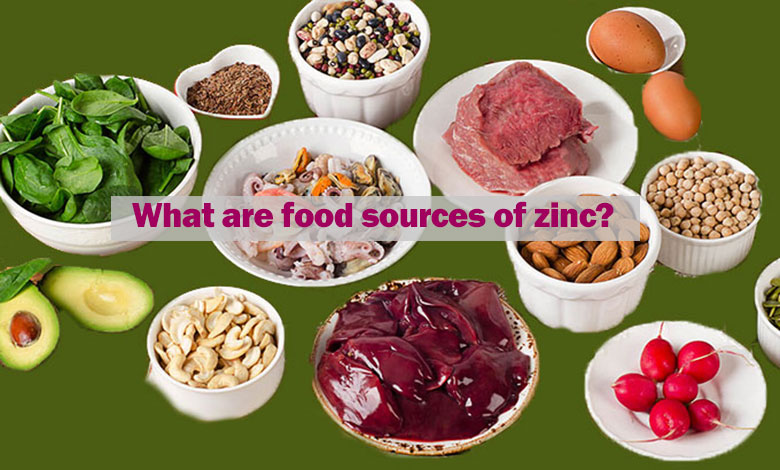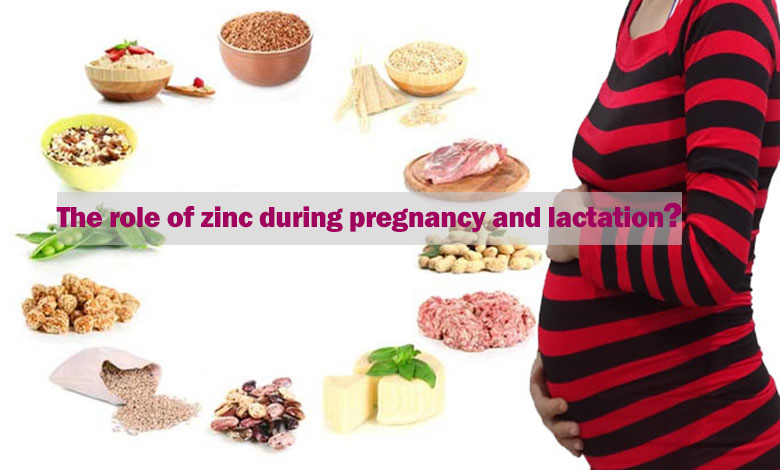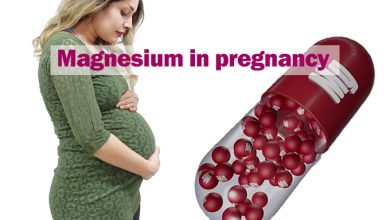How much zinc do you need during pregnancy?

In low- and middle-income countries, many women have poor diets and lack access to key micronutrients needed for good health. This is worrisome, especially at a time when the energy and nutrient needs of the mother and growing baby are greatest.
Zinc is essential for normal growth, severe zinc deficiency is associated with growth restriction, and studies have shown that zinc supplementation can increase birth weight.
Zinc is a mineral. Zinc is necessary for our body and its presence in the pregnancy diet is very important. In this article, learn all about getting zinc during pregnancy.
Related article: vitamins in pregnancy
Why do you need zinc during pregnancy?
Your baby needs zinc for cell growth and proper DNA production and function. Getting enough zinc is very important during pregnancy since a lot of cell growth takes place during this time. This essential mineral also helps support the immune system, maintain the sense of taste and smell, and heal wounds.
Some studies associate zinc deficiency with low birth weight and some problems during pregnancy and childbirth. Some zinc deficiency symptoms may include impaired smell or taste, loss of appetite, poor growth in children, and reduced immunity against infections.
How much zinc do you need during pregnancy?
Women need the following amounts of zinc at different stages of life:
- Non-pregnant women 19 years and older: 8 mg per day
- Pregnant women 18 years and younger: 12 mg daily
- Pregnant women 19 years and older: 11 mg per day
- Breastfeeding women 18 years and younger: 13 mg per day
- Breastfeeding women 19 years and older: 12 mg per day
Can you get too much zinc?
Yes. Too much zinc can cause nausea, vomiting, abdominal pain, and diarrhea. In fact, doctors recommend that adults consume no more than 40 milligrams of zinc per day from various sources. Additionally, women 18 years and older should not receive more than 34 mg of zinc per day.
Related article: What is pregnancy hematoma and what are its complications?
What are food sources of zinc?
Fortified breakfast cereals, such as fortified oatmeal and red meat, are good sources of zinc. You can also get it from poultry, beans, nuts, whole grains, and dairy products. Other good food sources of zinc for pregnant women include:

- 85 grams of beef, cooked: 7.3 to 8.5 mg
- 85 grams of dark turkey meat, cooked: 3 mg
- 236 ml of non-fat yogurt with fruit: 1.8 mg
- 28 grams of cashews: 1.6 mg
- 236 ml of milk: one milligram
- Half a cup of beans, cooked: 0.9 to 2.9 mg
- 28 grams of almonds: 0.9 mg
- 28 grams of peanuts: 0.9 mg
- 28 grams of cheddar cheese: 0.9 mg
Should you take a zinc supplement?
If you aren’t getting enough zinc from your diet, chances are your prenatal supplement is providing you with all the zinc you need.
Is it useful to take zinc supplements during pregnancy and breastfeeding?
Nutrition during pregnancy and breastfeeding is very important. Following a healthy and varied diet during pregnancy and breastfeeding will help provide your baby with the nutrients he needs to grow.
Zinc supplementation is especially necessary during pregnancy and breastfeeding, as it is necessary for the growth and development of the baby and for the overall health of the mother’s body. In general, the benefits of consuming zinc for the body are many.
In general, it is safe to take zinc supplements during pregnancy and breastfeeding or zinc-containing multivitamins during this period. Many pregnant and breastfeeding people use supplements and vitamins, most of which contain zinc. Of course, be sure to consult your doctor about taking supplements while pregnant and breastfeeding.
Related article: How much weight should I gain in pregnancy?
The Role of zinc during Pregnancy and lactation
Zinc plays an important role during pregnancy, fetal growth, and milk secretion. For this reason, the need for zinc increases during pregnancy and breastfeeding. This need can be met by consuming zinc-containing foods or zinc supplements.

Zinc is widely recognized for its vital role in cell division, differentiation, and growth function of body tissues. Zinc-dependent enzymes are required for a variety of complex mechanisms during cell proliferation, maturation, DNA and RNA metabolism, signal recognition and transduction, gene expression, and hormone regulation. Consequently, zinc is a key nutrient during pregnancy, fetal growth, and the function of the mammary glands for milk synthesis and secretion.
Zinc intake during pregnancy
Taking zinc during pregnancy is one of the necessary measures that you should take. The proper form of zinc that is mainly used in this period is zinc sulfate. The risk of fetal harm is unlikely if zinc supplements are used during pregnancy. The recommended intake of zinc during pregnancy is 11 mg per day for people 19 to 50 years old and 12 mg per day for people 14 to 18 years old.
The amount of zinc consumed during pregnancy is higher than normal, which is of course specified by the doctor, because one person’s needs may be different from another.
Zinc deficiency during pregnancy
In animal studies and in pregnant women suffering from acrodermatitis enteropathies (a type of genetic disorder), it has been shown that severe zinc deficiency during pregnancy has detrimental effects on pregnancy outcomes.
Several abnormalities in the fetus, death of the fetus, delay in fetal growth, and life-threatening complications of the mother during pregnancy and childbirth are among the complications of zinc deficiency during pregnancy.
Is it useful to take zinc supplements during pregnancy and breastfeeding?
Getting enough zinc is very important for the overall health of pregnant and lactating mothers and the growth and development of their babies.
However, due to the growth and nutritional needs of the baby, the amount of zinc in the mother’s body decreases. This makes the mother prone to zinc deficiency, so it is necessary to take a zinc supplement or include zinc-rich foods in the diet of pregnant and lactating mothers.
Zinc plays an important role in the functioning of the immune system and wound healing and is essential for cell metabolism. Here are some of the benefits of zinc during pregnancy and breastfeeding:
Supports the immune system
Zinc is essential for the healthy functioning of the immune system and helps prevent disease and infection. Studies have shown that taking zinc as soon as symptoms appear can reduce the duration and severity of a cold. For this reason, it is suitable for pregnant and breastfeeding women.
Most people who eat meat and have a reasonably balanced diet get plenty of zinc. But if your diet is mostly plant-based, you may find it difficult to get enough zinc from food alone, because it’s harder to absorb this mineral from plant-based foods, and you may want to ask your doctor if you need a zinc supplement or not. In addition, vegetarian and vegan mothers-to-be should continue their pregnancy under the supervision of a nutritionist.
